William (Billy) Patrick Regan
This biography was submitted by Billy’s sister, Hazel Regan.
Billy Regan was sixteen years old when he enlisted in the Royal Canadian Regiment and nineteen when he was killed in action in Korea. Like so many of his comrades, he wasn't even old enough to vote or drink legally. But he had "wanderlust," as he would often say, and enlisting was one way to see the world.
So away he went, first to basic training at Camp Borden and Petawawa, and finally to Korea via Winnipeg, Vancouver and Japan. He wrote many letters home and many were sent over to him from all of his six sisters, including scribbled ones from his two baby sisters.
We learned by a telegram that Billy had been wounded by enemy mortar fire and evacuated by helicopter to MASH unit #44 where he died of his wounds on July 17, 1953, just ten days shy of the signing of the Armistice.
I had turned seven the day before my brother died. My father knew when he saw the telegraph boy riding his bicycle up our street that he was bringing bad news.
My fondest memories of Billy were of him giving me a baby bunny for his last Easter at home (much to my mother's chagrin!) and then of a large street party our neighbours had on our Toronto Junction dead end street to send him off to Korea.
My parents died within six months of each other in 1969 and it is true to say that neither of them ever got over the loss of their only son. Billy had two older sisters and four younger sisters.
We all idolized our brother. He was so handsome and kind hearted.
In 1991, my sisters and I decided to take the opportunity offered by the Canadian Legion and the Korean government for Korean vets and surviving family members of those killed in action to travel to Korea to visit the country. Five of us went (my youngest sister was unable to go).
We were greeted at the airport in Seoul by a phalanx of press and photographers who wanted to see the "five sisters". We were recognized and honoured almost everywhere we went for the duration of our stay.
The Korean government hosted many excursions and events and were very gracious hosts. They wanted the Canadian veterans of the Korean War to see how Korea had rebuilt itself after the war. At every opportunity the representatives expressed their gratitude for the sacrifices the Canadians had made for Korea.
At the United Nations Cemetery in Busan, where the 516 Canadians who were killed in Korea are buried, we had arranged for a bagpiper and a minister to be at our brother's gravesite. We had a funeral for Billy, the funeral his parents could never give him to say goodbye. It was very emotional needless to say. That visit is still vivid in all of our minds.
I knew that someday I would return to Korea. In 2011 a Bereaved Families visit to Korea was organized and I took my 16 year old great nephew, Hiatt, with me to visit his great uncle's grave. Hiatt had won a Canadian Legion Remembrance Day literary award for a poem that he wrote about Billy and the Korean War. Of course, Hiatt never knew Billy but he knew of him through the family memories, stories, letters and photographs.
As on the previous visit to Korea, the Korean people were warm and very welcoming.
On this visit to the United Nations Cemetery in Busan, we learned that each grave is tended to personally on a weekly basis by a grade 5 school child. Each year, a new pupil is assigned a grave to look after; pruning its rosebush and pulling weeds.
By an absolutely wonderful coincidence, as we approached my brother's grave, there was a young Korean woman kneeling by it. She had tended my brother's grave when she was in grade 5 and often dropped by to pay her respects years later to visit "Mr. Regan".
What wonderful memories such a sad loss can bring. My brother's spirit lives on in the hearts of so many.
By purchasing a tree in honour of Billy, my big brother, for the Highway of Heroes, that spirit will continue for generations to come.

